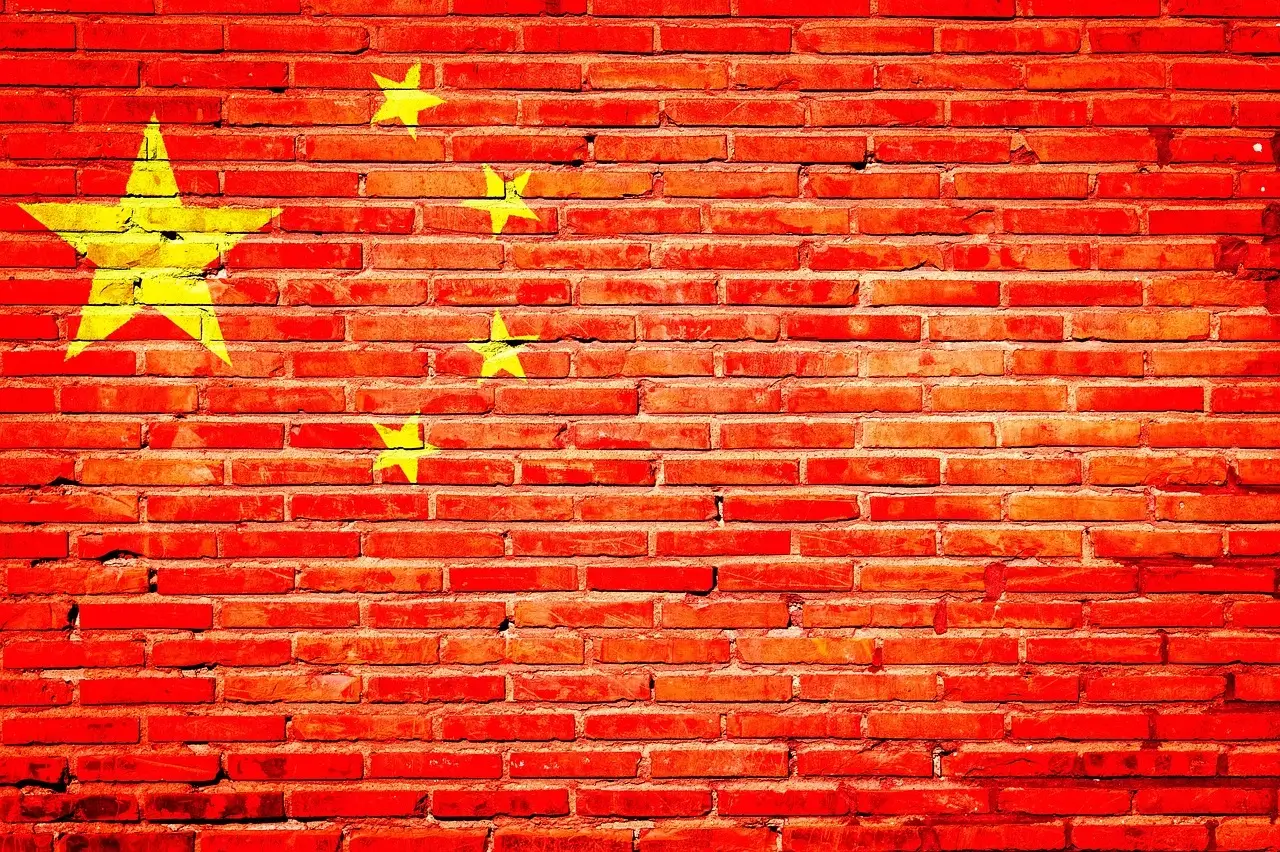Crypto Project Launches Stablecoin Pilot Program in China and Hong Kong
09.11.2024 14:00 2 min. read Alexander Zdravkov
Despite the ongoing cryptocurrency ban in China, the digital asset landscape in both the most populated country in the world and Hong Kong is expanding, with innovative solutions opening new avenues for crypto adoption in the region.
Flare, a layer-1 blockchain, has partnered with Red Date Technology to launch two pilot programs in Hong Kong, aimed at allowing mainland Chinese residents to legally access stablecoins issued by IDA, a virtual asset company.
These trials will enable users to anonymously register on a regulated stablecoin app and use the stablecoins to purchase tokenized financial products.
The pilots are notable in light of Hong Kong’s upcoming regulations that could allow public blockchains to host digital currencies. The initiative also marks a step toward China’s approach to integrating blockchain technology, even as the country maintains strict regulations on cryptocurrencies.
To comply with Chinese laws, the trials will employ the China Real-Name Decentralized Identifier System (RealDID), which enables anonymous registration while adhering to real-name requirements.
Users will be able to engage with stablecoins and other tokenized financial products without submitting traditional identification documents, though it is unlikely that popular stablecoins like Tether or Circle’s USDC will be part of the offering.
What is Flare?
Flare is designed to facilitate interoperability between different blockchains, enabling seamless communication between them. It aims to extend smart contract functionality to networks that don’t inherently support it, such as the XRP Ledger.
The Flare Network operates through two key protocols. The State Connector allows the network to access and utilize data from other blockchains, including asset-specific or general information. The Flare Time Series Oracle (FTSO) provides reliable off-chain data to the network for various uses.
Running on the Ethereum Virtual Machine (EVM), Flare also allows Ethereum developers to seamlessly build decentralized applications (dApps) on its platform.
-
1
JPMorgan Lays Groundwork for Tokenized Finance with New Blockchain Trademark
17.06.2025 12:00 1 min. read -
2
Malaysia Opens the Door to Blockchain Experimentation With Launch of Innovation Hub
18.06.2025 22:00 2 min. read -
3
The Bitcoin-Cardano Bridge is Here: What it Means for DeFi
10.06.2025 21:00 1 min. read -
4
Chainlink Edges Closer to Wall Street Integration, Says Co-Founder
12.06.2025 9:00 1 min. read -
5
Polygon Breaks from Decentralization as Sandeep Nailwal Assumes Full Control
11.06.2025 20:00 2 min. read
Cardano Leads Developer Activity, Ethereum Maintains Ecosystem Dominance
Development trends across major blockchain networks show Cardano pulling ahead in core contributions, while Ethereum continues to dominate the broader ecosystem despite a drop in participation.
Kraken’s Ink Chain Ramps Up Usage as Token Launch Approaches
Ink, the Layer-2 network incubated by Kraken and built on Optimism’s Superchain framework, is suddenly buzzing with on-chain activity.
Solana Partners with Kazakhstan to Launch Digital Economy Zone
Solana is making its next major move—this time, not through memecoins, but national partnerships.
Hyperliquid Chosen as Core Reserve in Lion Group’s Blockchain Expansion
Lion Group Holding Ltd. has raised $600 million from investment firm ATW Partners to fuel a major shift into decentralized finance.
-
1
JPMorgan Lays Groundwork for Tokenized Finance with New Blockchain Trademark
17.06.2025 12:00 1 min. read -
2
Malaysia Opens the Door to Blockchain Experimentation With Launch of Innovation Hub
18.06.2025 22:00 2 min. read -
3
The Bitcoin-Cardano Bridge is Here: What it Means for DeFi
10.06.2025 21:00 1 min. read -
4
Chainlink Edges Closer to Wall Street Integration, Says Co-Founder
12.06.2025 9:00 1 min. read -
5
Polygon Breaks from Decentralization as Sandeep Nailwal Assumes Full Control
11.06.2025 20:00 2 min. read


